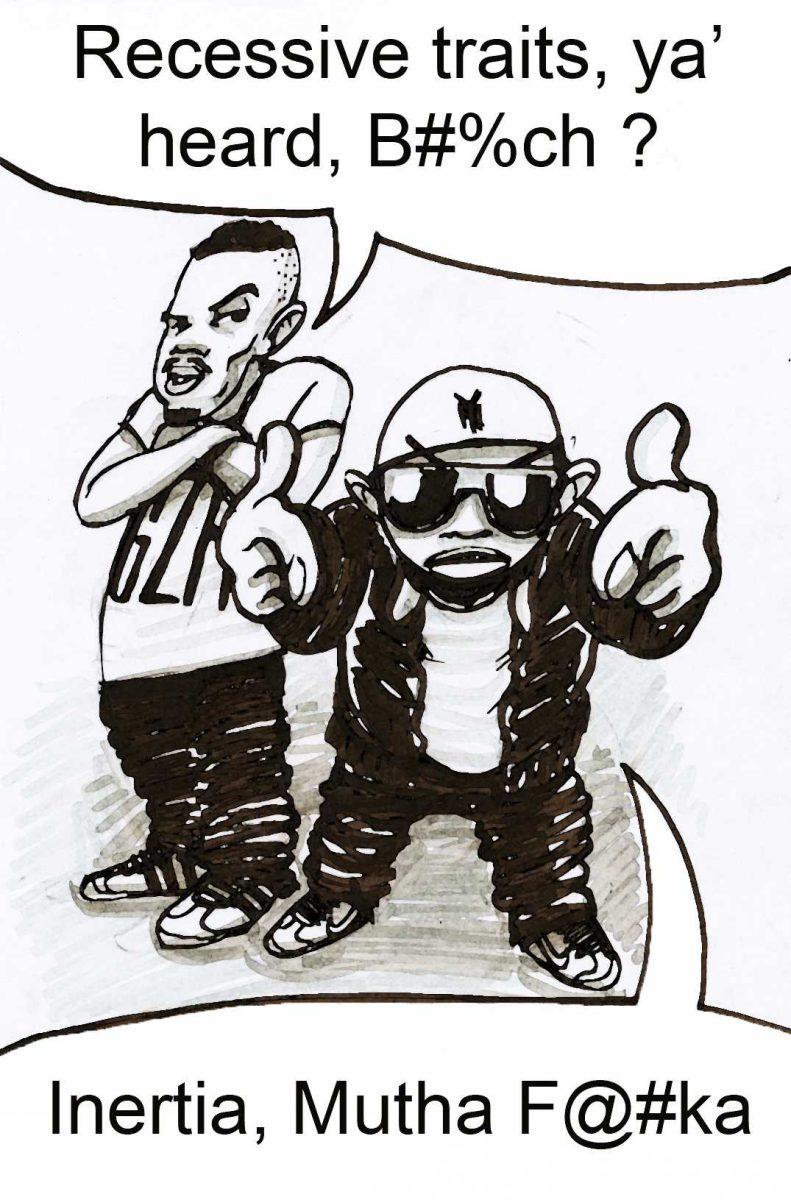Credibility is fleeting in hip-hop. Ice-T, for example, is watered down and solving crimes on Law & Order: Special Victims Unit. Ice Cube starred in the abysmal “Are We There Yet?” and the even worse, more appropriately named sequel “Are We Done Yet?”
Wu-Tang Clan member and co-founder GZA, on the other hand, continues to earn my respect. As part of a collaboration with Columbia University Professor Christopher Emdin and website Rap Genius, he will be using hip-hop to teach science to inner city teenagers.
The program, slated to begin in 10 New York City public schools in January, is uncomplicated: Rather than rely on tired textbooks and long lectures, teachers will incorporate hip-hop into the lessons, then ask students to rap about the material.
Participation will either be solo or done in “cyphers,” a turn-based group rap similar to those found on most hip-hop tracks. The top rhymes will be selected by the GZA himself and uploaded to Rap Genius, where they will be accessible to people all over the world.
Why am I so excited about this? For starters, have you heard “Enter the Wu-Tang (36 Chambers)”? GZA – and the rest of the Clan – has a supernatural grasp on wordplay and a commanding persona. Even if you’re not a fan and think he’s not qualified to talk about science, his presence may be more like that of a hype man to get kids interested.
Think Flavor Flav, but with fewer oversized accessories and more intelligence and talent. Actually, don’t think about Flavor Flav.
GZA is totally ready to talk about science if the preparation for his new science-based album “Dark Matter” is any indicator: extensive readings, talks with MIT physicist David Kaiser and meetings with famed astrophysicist and awesome dude Neil deGrasse Tyson.
Emdin’s got the right credentials for this job, too. He received his B.S. in physical anthropology/biology/chemistry, his M.S. in natural sciences and a Ph.D. in urban education. Furthermore, his pilot study of the program improved attendance, interest and graduation rates.
The only suspect player in the game is Rap Genius. The site allows users to upload not only lyrics but their interpretations. In the same year, the website has received both $15 million to expand its operations and heavy criticism for providing incorrect lyrics and wrong or offensive interpretations.
That being said, Rap Genius will have no input on the teaching end, nor will it select student lyrics to be uploaded. Instead, it will only serve as a lyrics distributor – one that’s much needed since there is a wide audience to be reached.
New York City’s public schools are 70 percent African-American and Latino. According to the 2009 National Assessment of Education Progress, only 4 percent of African-American seniors are proficient in sciences – 23 percent less than their white counterparts.
Executive Director of the National Science Teachers Association Francis Eberle told the Wall Street Journal, “Science has been left off the national agenda for too long,” and “we’ve lost a generation of students.”
Programs like these will counteract current trends by speaking directly to student’s interests. New York was the birthplace of hip-hop, and using it to teach science will marry two vocabularies, one familiar and the other scientific.
It’s exactly what we need educationally and culturally. Music’s already been proven as a successful teaching tool, and rap’s already shown it has youth appeal. This new movement might ask other self-promoting rappers – “self-promoting” because selling out doesn’t seem to apply to this business – to stop dropping cologne and clothing lines and start dropping knowledge.
If successful, the program could be adopted in schools across the country. As of now, however, only one thing is certain. To quote GZA from “Clan in da Front,” “The Wu is comin’ through, the outcome is critical.”






